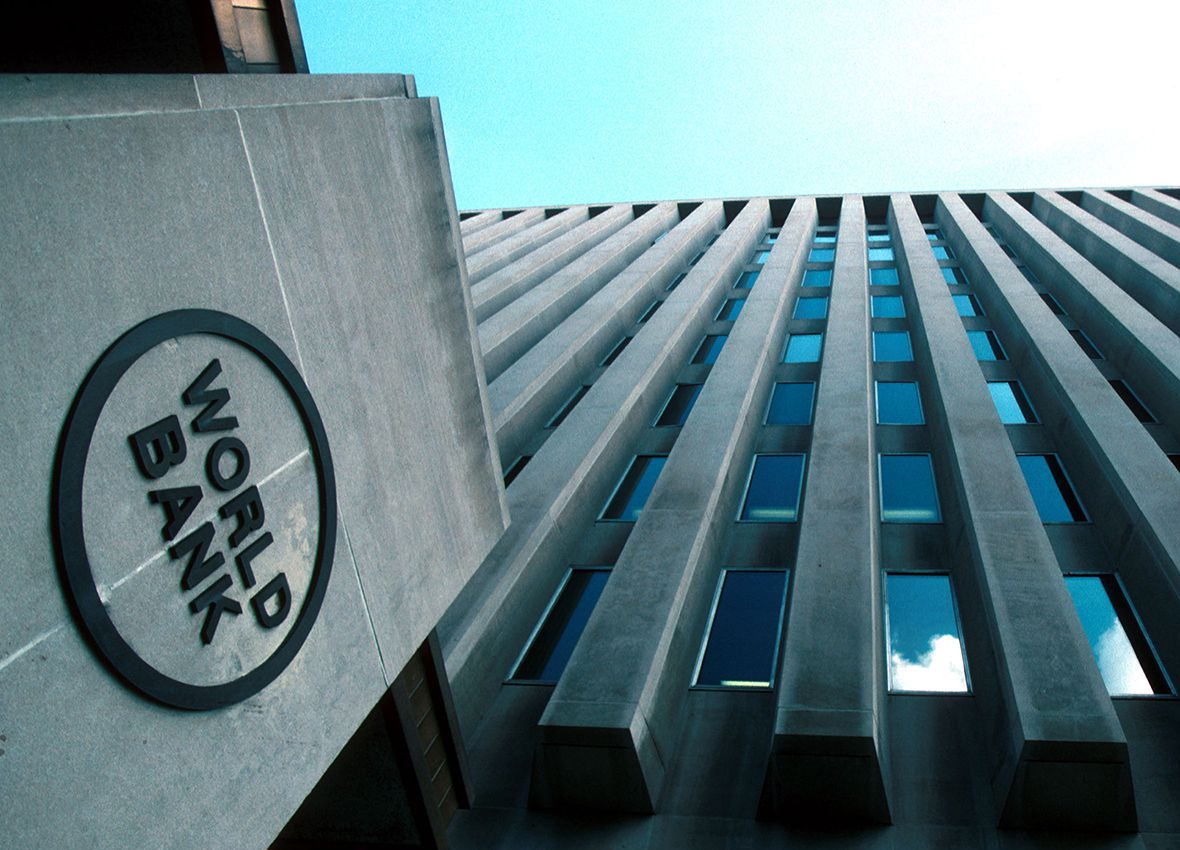APRUBADO na sa World Bank ang $600 million na bagong pautang sa Prayoridad ng BBM-Sara Uniteam Pilipinas para tustusan ang pagbangon ng ekonomiya ng bansa.Layon ng Philippines Promoting Competitiveness and Enhancing Resilience to Natural Disasters Sub-Program 3 Development Policy Loan na makatulong sa pagpopondo sa mga reporma ng gobyerno, kabilang ang amendments sa Retail Liberalization Act upang isulong ang private investment, pagpapababa sa gastos sa pagnenegosyo, at pagpapalawak sa broadband services upang itaguyod ang investments sa information and communications technology.
Sinabi ng isang opisyal ng World Bank na mahalaga ang mga reporma para matiyak ang tuluyang pagbangon mula sa COVID-19 pandemic.
“Reforms that promote competition in broadband and mobile telecommunications will benefit a large portion of underserved populations by increasing coverage and quality of service, increasing their access to markets, as well as access to remote education and health services,” sabi ni Ndiamé Diop, World Bank country director for Brunei, Malaysia, Philippines and Thailand.
Halos dalawang taon magmula nang pumutok ang pandemya, ang mga Pilipino at mga negosyo ay napilitang umasa sa internet connectivity dahil sa patuloy na paglimita ng pamahalaan sa galaw ng mga tao upang mabawasan ang pagkalat ng virus.
“Similarly, reforms that lower the costs of trade and improve the business environment are expected to benefit all firms but especially small and medium enterprises, which will have access to a larger market for their products and services,” dagdag ni Diop.
Sumusuporta rin ang lending program sa layunin ng Pilipinas na mapalakas ang digital infrastructure nito.
“The government has introduced the Philippine Identification System or PhilSys as a digital identification platform to foster the digital economy and increase access to public services,” ani Rong Qian, World Bank senior economist.
“This is expected to increase access to and improve delivery of public services by providing Filipinos with a unique, verifiable digital identity,” dagdag ni Qian.






